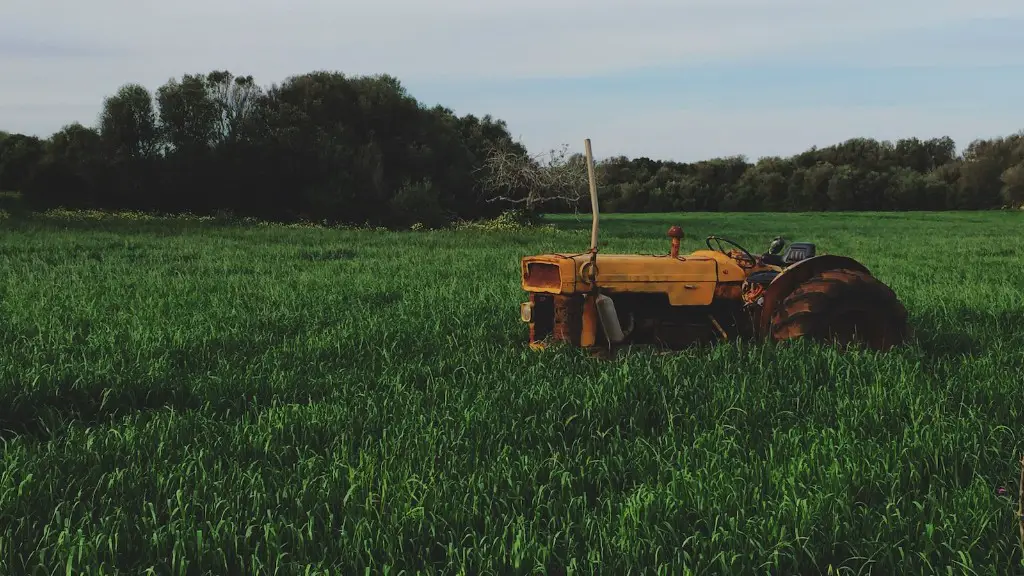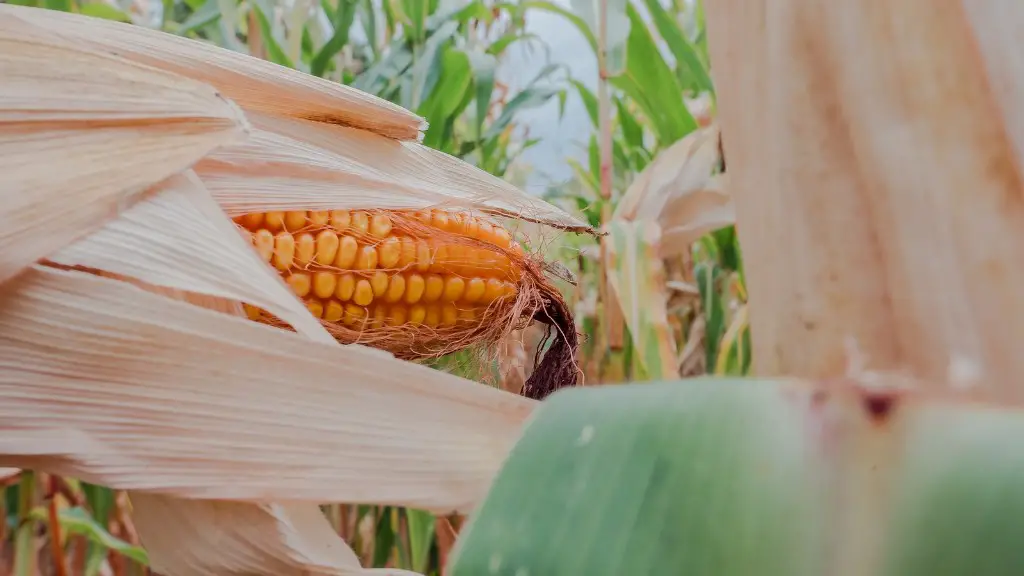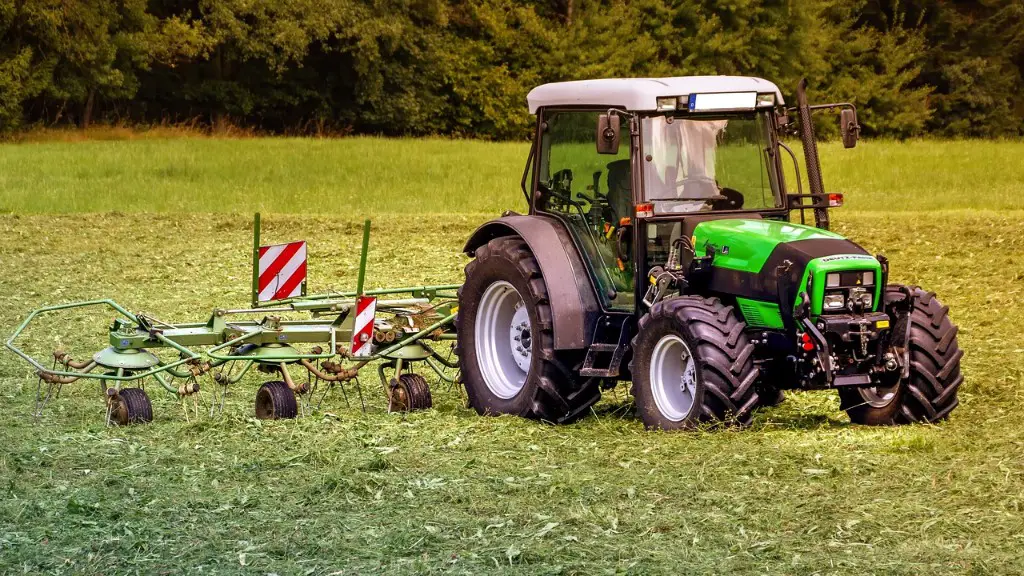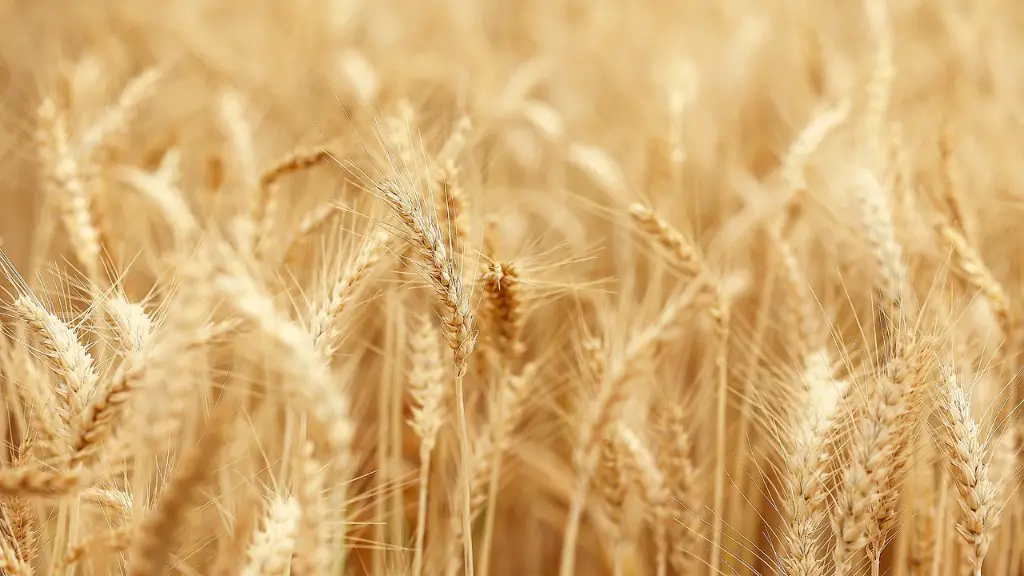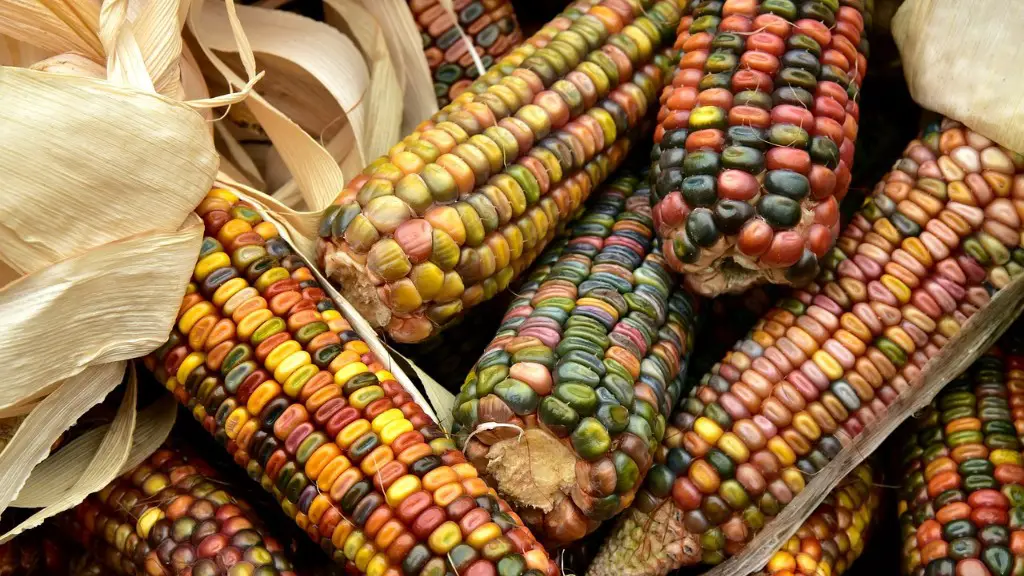Organic agriculture is an ecological production management system that promotes and enhances biodiversity, biological cycles and soil biological activity. It is based on minimal use of off-farm inputs and on management practices that restore, maintain and enhance ecological harmony.
Organic agriculture is an agricultural production system that avoids or largely excludes the use of synthetic inputs such as fertilizers and pesticides, and instead relies on ecologically based pest management.
What is meant by organic agriculture?
The term “organic farming” is used to describe a system of production that begins to consider potential environmental and social impacts by eliminating the use of synthetic inputs. This includes synthetic fertilizers and pesticides, veterinary drugs, genetically modified seeds and breeds, preservatives, additives and irradiation. Organic farmers work to build healthy, productive soils and to promote and enhance ecological balance.
Organic agriculture is a type of farming that focuses on using natural processes, rather than artificial ones, to grow crops and raise livestock. This means avoiding the use of synthetic pesticides, herbicides, and fertilizers, and instead relying on practices like crop rotation, cover crops, and organic manure to keep soils healthy and plants and animals thriving. Organic agriculture can have a positive impact on the environment, by reducing pollution and promoting biodiversity.
What is an example of organic agriculture
There is a lot of debate surrounding the best way to raise cows and pigs. Some people believe that organic methods, such as grass-feeding and limiting the use of antibiotics, are the best way to go. Others, however, believe that conventional methods, such as grain-feeding and factory farming, are more effective. The truth is that there are pros and cons to both methods. It ultimately comes down to what you value most as a consumer.
Organic agriculture is based on a set of principles that promote health, ecology, fairness, and care. These principles are the roots from which organic agriculture grows and develops. They express the contribution that organic agriculture can make to the world, and a vision to improve all agriculture in a global context.
What are the 3 types of organic farming?
Organic farming is a type of agriculture that relies on natural processes, rather than the use of synthetic inputs, to promote and maintain crop and livestock health.
Organic farming can be divided into two types: integrated organic farming and pure organic farming.
Integrated organic farming is a system of farming that integrates organic principles and practices into a conventional farming system. This type of farming can help to reduce the overall environmental impact of agriculture, while still maintaining high yields and profitability.
Pure organic farming, on the other hand, is a system of farming that relies exclusively on organic principles and practices. This type of farming is often more labor-intensive and may have lower yields than integrated organic farming.
Organic farmers use natural fertilizers, where crop rotation improves soil fertilization and the soil remains fertile. Inorganic farming land and soil degrade over time because of the use of artificial pesticides and the soil becomes infertile due to exploitation.
Does USDA organic mean 100% organic?
Organic certification is a process through which farmers and businesses can demonstrate that they have met strict standards for the growing, processing and handling of their products. The USDA organic seal is a certification mark that indicates that a product is certified organic and has 95 percent or more organic content. Organic production emphasizes natural processes and ingredients, and is a popular choice among consumers who are looking for products that are environmentally friendly and sustainably produced.
Organic products are those that are produced without the use of synthetic fertilizers, pesticides, or other chemicals. In order for a product to be labeled as organic, it must meet certain standards set by the United States Department of Agriculture (USDA). Products that are sold as organic must have at least 95 percent certified organic content. Products that are labeled as “made with” organic must have at least 70 percent certified organic content. The USDA organic seal may not be used on these products.
What is the standard of organic farming
Organic farming is a type of agriculture that relies on organic materials, such as manure, compost, and crop rotation, to maintain soil fertility and suppress weeds and insects. Proponents of organic farming claim that it is more environmentally sustainable than conventional farming practices.
India’s best organic farmers in 2022 will be Jaswir Kumar from Uttarakhand, Bandi Obulamma from Andhra Pradesh, Seroja Lepcha from West Bengal, and Sunita Baliram from Maharashtra. These farmers have been selected for their outstanding commitment to organic farming practices and their dedication to producing quality organic crops.
Is organic agriculture better for farmers?
Organic agriculture has become increasingly popular in recent years as consumers become more aware of the potential risks of exposure to toxic materials. Organic farmers utilize practices that help to maintain and improve fertility, soil structure and biodiversity, and reduce erosion. These practices help to reduce the risks of human, animal, and environmental exposure to toxic materials.
Organic produce may have more of certain antioxidants and types of flavonoids, which have antioxidant properties. Omega-3 fatty acids are also present in small to moderate increases. These nutrients are essential for good health, and the increased amounts in organic produce may provide some health benefits.
What is the main goal of organic agriculture
The primary goal of organic agriculture is to optimize the health and productivity of interdependent communities of soil life, plants, animals and people. Soil health is improved through organic matter additions, cover crops, and minimum tillage. Plant health is optimized through integrated pest management, crop rotation, and diversification. Animal health is improved through rotational grazing, diversified forage, and animal welfare. People’s health is improved through food security, social equity, and environmental stewardship.
Organic farming is a method of agriculture that focuses on producing food using organic means. This includes using natural methods to improve the health of the soil, using organic pesticides and insecticides, and protecting the long-term fertility of the soil. Organic farming also often includes frequent decomposing and fallowing.
What are the methods of organic agriculture?
Organic farming is a method of agriculture that relies on techniques such as crop rotation, green manures and compost, biological pest control, and mechanical cultivation to maintain soil health and minimize the use of synthetic inputs. These practices help to replenish the soil, promote biodiversity, and reduce the harmful effects of chemical pesticides and fertilizers.
Organic foods are those that are grown and processed without the use of synthetic pesticides, herbicides, fertilizers, growth hormones, antibiotics, or genetically modified organisms. Instead, organic farmers and processors use natural methods to grow and process their foods.
Methods like irradiation, sewage sludge, and genetic engineering are all expressly prohibited from being used when growing or processing organic foods. These methods are considered to be harmful to the environment and to human health, and they are not in line with the philosophy of organic agriculture.
Conclusion
The definition of organic agriculture is the production of food using farming practices that protect the environment and the health of the people and animals involved.
The definition of organic agriculture is a farming system that promotes the ecological balance of the environment. Organic agriculture products are grown without the use of synthetic fertilizers, pesticides, or genetic engineering.
